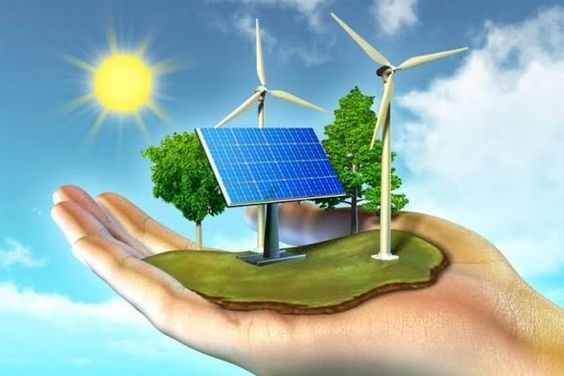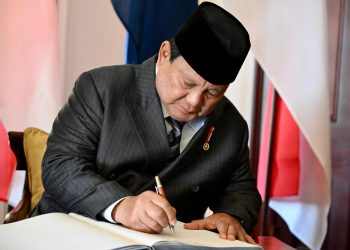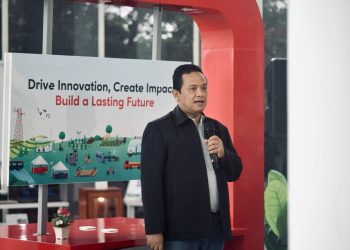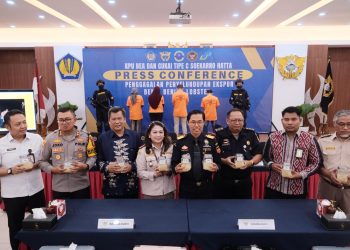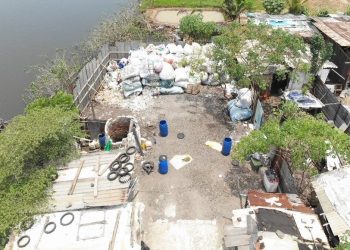Jakarta, Indonesia Sentinel — The government of Indonesia has officially released a regulatory framework outlining its Energy Transition Roadmap for the power sector, laying out nine key strategies aimed at reducing reliance on fossil fuels and slashing greenhouse gas emissions.
The new policy is enshrined in Ministerial Regulation (Permen) No. 10 of 2025 issued by the Ministry of Energy and Mineral Resources (ESDM), which will serve as a guide for implementing energy transition initiatives in line with the nation’s Net Zero Emissions target.
The regulation emphasizes the need to transition from fossil-based electricity generation to cleaner energy sources by maximizing the use of renewable and new energy technologies.
Here are the nine strategic measures outlined on the Energy transition roadmap Indonesia:
- Biomass Cofiring at Coal-Fired Power Plants (PLTU)
Indonesia will scale up the use of biomass cofiring in coal plants to reduce carbon intensity, in accordance with existing regulatory standards.
- Reducing Oil-Based Power Generation
The government plans to accelerate the phase-out of diesel power plants through two mechanisms. Dedieselization, which involves replacing diesel power generation with renewable or hybrid systems to ensure supply continuity. Gasification, which transitions oil-based plants to gas-fueled systems to reduce emissions.
- Retrofitting Fossil Fuel Plants
Fossil power plants will be retrofitted using Carbon Capture and Storage (CCS) technologies. Additionally, some gas-fired power stations will be converted to run entirely on green hydrogen.
- Moratorium on New Coal Plants
The roadmap prohibits the construction of new coal-fired power plants to limit the country’s long-term dependency on coal.
- Accelerating Variable Renewable Energy Deployment
Indonesia aims to significantly boost the development of variable renewable energy sources, such as solar and wind, and expand power generation capacity solely from renewable sources.
Read Also:
Surabaya Designated as Model City for Energy Transition in Indonesia
- Green Hydrogen and Green Ammonia Production
The roadmap encourages domestic production of green hydrogen (H₂) and green ammonia (NH₃) as future clean energy carriers.
- Development of Nuclear Power Plants
The government is set to explore the development of nuclear power facilities, provided they meet strict safety, security, and regulatory standards.
- Grid Expansion and Smart Grid Integration
Indonesia will invest in expanding its electricity grid and enhancing smart grid infrastructure to ensure efficient transmission of renewable energy from remote generation sites to high-demand areas. This includes leveraging digital technologies to optimize power generation, transmission, and distribution.
- Accelerated Retirement of Coal Plants
The final strategy involves speeding up the retirement of aging coal-fired plants. The criteria for early shutdowns include plant age, efficiency, emissions levels, economic impact, and the availability of both domestic and international funding and technologies.
(Raidi/Agung)


